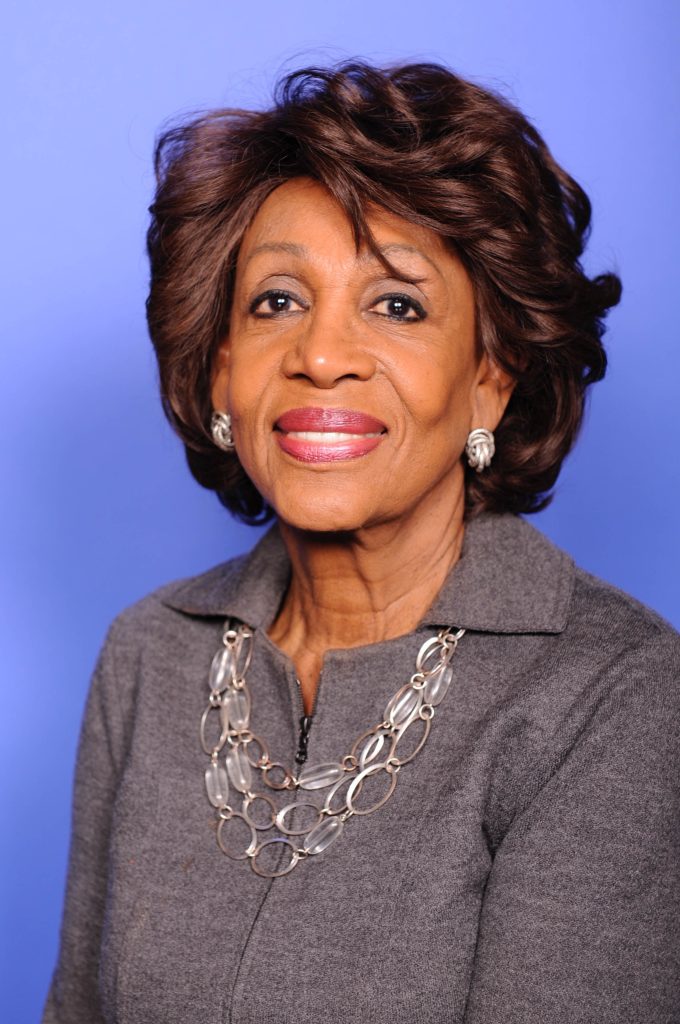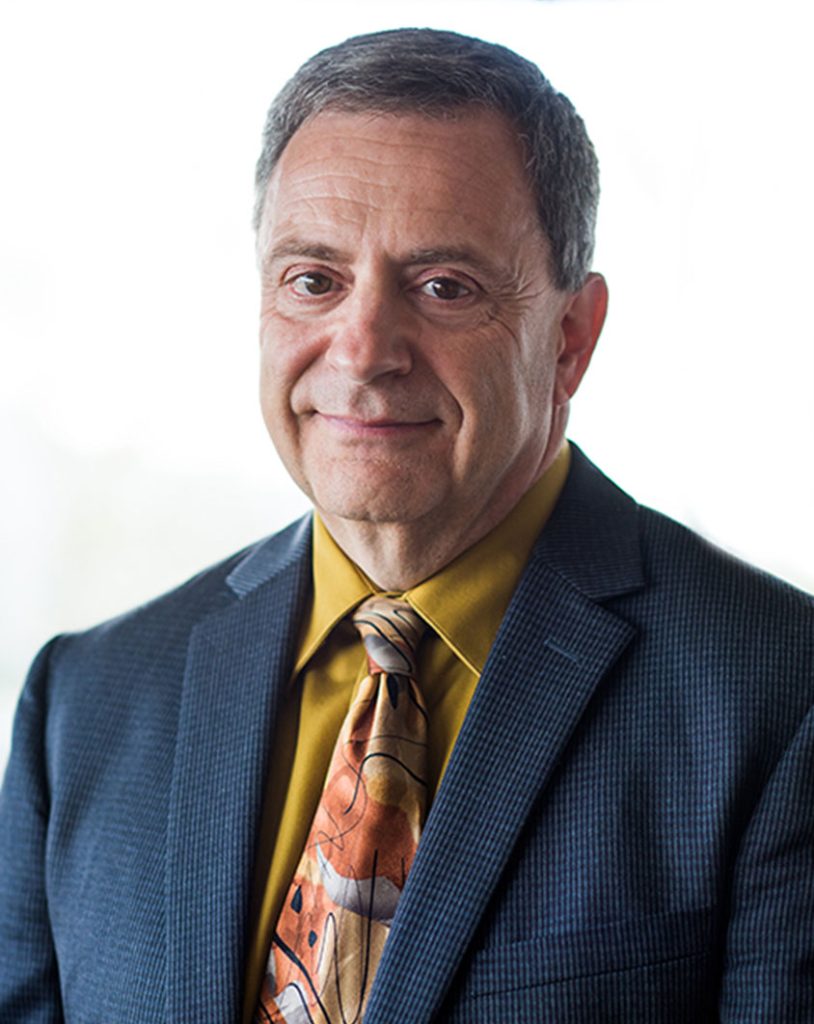Maxine Waters

Leading Multispecialty Biomedical Association Presents Congresswoman Maxine Waters with its Prestigious 2015 Pioneer in Healthcare Policy Award Society for Brain Mapping and Therapeutics (SBMT) and Brain Mapping Foundation (BMF) are the leading organizations, which created G20 World Brain Mapping Initiative Professor Stephen Hawking (Beacon of Courage and Dedication Award), Producer Tim Kring (golden Axon Award), Drs. Babak Kateb, Pantaleo Romanelli, Skip Rizo (Pioneer in Medicine Awards), Bill and Lee Stienwood (Humanitarian award) are amongst the 2015 SBMT award recipients. WASHINGTON, May 20, 2015 /PRNewswire-USNewswire/ — 12th Annual World Congress of Society for Brain Mapping and Therapeutics was held at the Los Angeles Convention Center in March but the impact of this world class scientific program has lasting effect on the policy, prevention, diagnosis and the treatment of neurological disorders such as Alzheimer’s disease, Brain injury, Brain Cancer and psychiatric disorders. Every year SBMT and Brain Mapping Foundation recognize policymakers who have significantly impacted prevention, diagnosis and the treatment of the Neurological disorder through pioneering legislations. Senators Ted Kennedy, Harry Reid and Barbara Boxer, Congresswomen Gabrielle Giffords and McMorris Rodgers, Congressmen Blumenauer, Fattah and Moran are among the past recipients of this prestigious award. In 2003 Congresswoman Waters introduced her first legislation on Alzheimer’s disease, which was aimed at creating a grant program to expand training and support services for families and caregivers of Alzheimer’s patients. Congresswoman Waters is also a champion of the Missing Alzheimer’s Disease Patient Alert Program, which is a small, cost-effective program aimed at helping local law enforcement officials quickly identify persons with Alzheimer’s disease who wander away from their homes and safely reunite them with their families. In December of 2014, Congresswoman Waters in partnership with Congressional Task Force on Alzheimer’s disease including Co-Chair Christopher Smith, advocated for a budget increase for Alzheimer’s Research. Her effort led to a $51 million increase in funding for Alzheimer’s research by President Obama in his budget proposal. This year, Congresswoman Waters has circulated a letter among her colleagues urging House appropriators to increase funding for Alzheimer’s research by $200 million in fiscal year 2016. She has also introduced a bipartisan resolution to make Alzheimer’s Disease an urgent National Priority. “Today we are recognizing one of the most influential members of the Unite States Congress who has impacted the care of millions of patients with Alzheimer’s disease through her pioneering legislation,” said Dr. Babak Kateb, Chairman of the Board of Society for Brain Mapping and Therapeutics, President of Brain Mapping Foundation, Director of National Center for NanoBioElectronics, Neuroscientist, Department of Neurosurgery, Cedars Sinai Medical Center. The Society for Brain Mapping and Therapeutics has been on the forefront of scientific research and translation of advance technologies into clinical neuroscience by engaging scientists and engineers from NASA, Los Alamos National Labs and consortium of neurosurgeons, neurologists, radiologists, nanotechnologists, stem cell scientists and engineers. The Society has been a great supporter of the Congresswoman’s vision and efforts. “I want to thank the Society for Brain Mapping and Therapeutics for honoring me with this award,” said Congresswoman Waters. “I also appreciate the Society’s commitment to improving our understanding of Alzheimer’s disease and other diseases affecting the brain. The Society’s dedication to finding cures for these diseases will help us immensely in our collective efforts to alleviate human suffering.” The award was presented to the Congresswoman at the 4th Annual Brain Mapping Day at the US Congress, Congress Visitor center, HVC 201 on May 19th 2015. The following was the scientific schedule of the 4th Annual Brain Mapping Day where the award was presented: 10:20am-10:30am: Overview of Los Alamos National Lab Technology and potential application in Brain Mapping and Therapeutics, Nancy Sauer, Ph.D., Associate Director for Chemistry, Life, and Earth Sciences, Los Alamos National Laboratory 10:30am-10:40am: Ultrasonic Technology from Bomb to Brain Discovery, Dipen N. Sinha, PhD, Laboratory Fellow & Team Leader, Los Alamos National Laboratory 10:40am-10:50am: Neuroimaging at Los Alamos National Laboratory, Michelle Espy, PhD, Research Scientist & Team Leader, Applied Physics Lab, Los Alamos National Laboratory 10:50am-11:00am: SBMT-South Africa Brain Mapping Initiative, The Honorable Monwabisi Bevan Goqwana, Ph.D., Member of National Assembly (Parliament) of South Africa The program was moderated by Dr. Babak Kateb & Actor and Neuroscience Advocate, Robert Picardo and jointly sponsored by Congressional Neuroscience caucus, Brain Mapping Foundation, SBMT, National Center of NanoBioElectronics and Medtronic. Professors Benjamin Aribisala (Nigerian delegate) and Nevzat Tarhan and Mr. Serdar Karagoz (Turkish delegates) were amongst the SBMT members who presented the award to the honorable on behalf of the SBMT membership and board of directors. Next year’s Annual World Congress of SBMT is scheduled for April 7-9, 2016 in Miami. About SBMT:WWW.WorldBrainMapping.Org Media Contacts Bryan ArozBryan.Aroz@WorldBrainMapping.orgTel: 310-500-6196 Photo – http://photos.prnewswire.com/prnh/20150520/217391 SOURCE Society for Brain Mapping and Therapeutics
Mark Torchia

Mark L. Vachon

Margie L. Homer

Maheen Adamson

Dr. Maheen Mausoof Adamson is a clinical associate professor of Neurosurgery (Affiliated) at Stanford School of Medicine, Director of Research for Women’s Operational Military Exposure Network (WOMEN) at War Related Illness & Injury Study Center (WRIISC), and senior Scientist for Rehabilitation Services at VA Palo Alto Healthcare System. Adamson completed her undergraduate degrees in neurobiology and women’s studies at the University of California, Irvine. She completed her Ph.D. in neuroscience from the University of Southern California and a postdoctoral fellowship in Psychiatry and Behavioral Sciences at Stanford School of Medicine. Dr. Adamson’s expertise and interests span employing translational neuroscience methodologies for diagnostic and neuromodulation treatments (such as repetitive Transcranial Magnetic Stimulation (rTMS)) for frequent health problems in patients with Traumatic Brain Injury (TBI), psychiatric problems, and Alzheimer’s disease. She has employed advanced structural and functional imaging modalities and biomarker assessments in Veteran, active military, and civilian populations with these health problems. She has been a leader in identifying gender differences in brain injury, particularly in the Veteran population. She currently serves as PI and Site-PI on numerous neuromodulation clinical trials and collaborates internationally for developing advanced diagnostic methods in neuroimaging, especially in underserved communities. In her position at VA Palo Alto, she is actively involved in translating research, such as non-invasive brain stimulation and other therapies, to clinical in-home use by patients using innovations such as virtual and augmented reality. Dr. Adamson has authored numerous peer-reviewed publications on the cognitive and neural basis of Alzheimer’s disease and on a wide range of topics in TBI. She has received recognition in national and international settings. She is also intricately involved in mentoring research postdoctoral fellows and clinical residents in the Physical Medicine & Rehabilitation, Psychiatry, and Neurosurgery departments at Stanford School of Medicine. Her goal is to incorporate advanced treatment and diagnostics tailored to each patient’s needs into standard-of-care to improve their daily function, reintegration into society, and long-term rehabilitation.
Louis Reese

Leslie Prichep

Until early 2015 Dr. Prichep was the Director of the Brain Research Laboratories (BRL) and Professor of Psychiatry at New York University School of Medicine, where she remains a Professor in retirement. She has extensive experience and recognition as a pioneer in the field of quantitative electrophysiology, clinically applied translational research, source localization and multivariate classification methodologies. She was responsible for the direction of the largest existing database of quantitative electrophysiological data from normal subjects and neuropsychiatric patients, which includes traumatic brain injury, post-concussion syndrome PTSD and dementia patients. Dr. Prichep and her colleagues at BRL were the first to publish normative equations demonstrating that features of the EEG could be were lawful as a function of age. Dr. Prichep has over 125 publications, with another 55 book chapters, books, published proceedings and monographs, holds a number of patents and is considered one of the preeminent research scientists in the field of computerized electrophysiological. Dr. Prichep has been working with BrainScope since its inception in 2006.
L. Tammy Duckworth

Kirsty Duncan

Kevin Lobo

